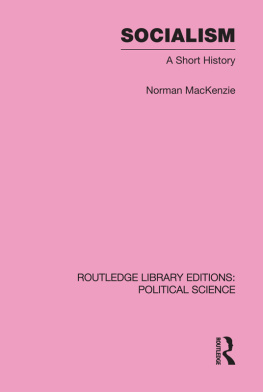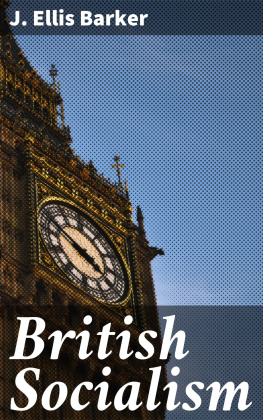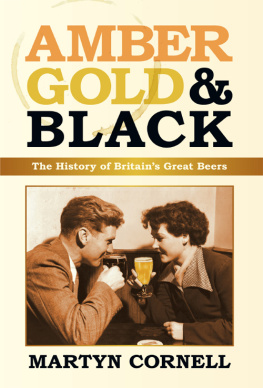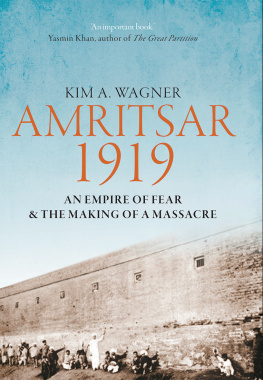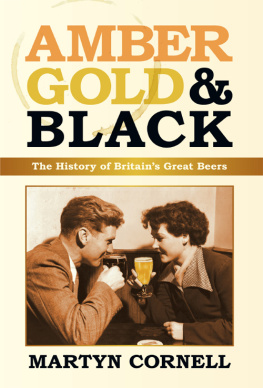ROUTLEDGE LIBRARY OF BRITISH POLITICAL HISTORY: LABOUR AND RADICAL POLITICS 17621937
VOLUME V
ROUTLEDGE LIBRARY OF BRITISH POLITICAL HISTORY: LABOUR AND RADICAL POLITICS 17621937
VOLUME I
A Short History of the British Working Class Movement I, 17891848
Edited by G. D. H. Cole
VOLUME II
A Short History of the British Working Class Movement II, 18481900
Edited by G. D. H. Cole
VOLUME III
A Short History of the British Working Class Movement III, 19001937
Edited by G. D. H. Cole
VOLUME IV
A History of British Socialism I
Edited by M. Beer
VOLUME V
A History of British Socialism II
Edited by M. Beer
VOLUME VI
English Radicalism 17621785
Edited by S. Maccoby
VOLUME VII
English Radicalism 17861832
Edited by S. Maccoby
VOLUME VIII
English Radicalism 18321852
Edited by S. Maccoby
VOLUME IX
English Radicalism 18531886
Edited by S. Maccoby
VOLUME X
English Radicalism 18861914
Edited by S. Maccoby
VOLUME XI
English Radicalism: The End?
Edited by S. Maccoby
First published 1919 by George Allen & Unwin Ltd.
Reprint of the 1953 edition,
published 2002 by Routledge
11 New Fetter Lane, London EC4P 4EE
Simultaneously published in the USA and Canada
by Routledge
29 West 35th Street, New York, NY
Routledge is an imprint of the Taylor & Francis Group
Typeset in Times by
Keystroke, Jacaranda Lodge, Wolverhampton
Printed and bound in Great Britain by
Antony Rowe Ltd, Chippenham, Wiltshire
All rights reserved. No part of this book may be reprinted or reproduced or utilised in any form or by any electronic, mechanical, or other means, now known or hereafter invented, including photocopying and recording, or in any information storage or retrieval system, without permission in writing from the publishers.
British Library Cataloguing in Publication Data
A catalogue record for this book is available from the British Library.
Library of Congress Cataloging in Publication Data
A catalog record for this book has been requested.
A History of British Socialism II
ISBN 0-415-26569-X
A History of British Socialism: 2 Volumes
ISBN 0-415-26567-3
Routledge Library of British Political History: Labour and Radical
Politics 1762-1937: 11 Volumes: ISBN 0-415-26562-2
Publishers Note
The publisher has gone to great lengths to ensure the quality of this reprint but points out that some imperfections in the original book may be apparent.
M. Beer
A HISTORY OF
BRITISH SOCIALISM
VOLUME TWO
WITH AN INTRODUCTION
BY
R. H. TAWNEY
IN 1836 the revival of the working class activities was clearly discernible, and it was everywhere connected with parliamentary politics. There were at that time four centres of the movement, which supplied thought and enthusiasm to all that was alive among the industrial populationLondon for the South of England, Birmingham for the Midlands, Newcastle and Leeds for the North of England, Glasgow for Scotland. With the exception of London, where intelligent artisans stood at the head of the revival, all the other centres were, at first, managed by middle class extremists, idealists, and revolutionists. Since about 1839 Manchester became the focus of Chartist thought and action in the North, while Bradford gave to the movement some of its most zealous and orthodox adherents, always hunting for heretics and traitors.
London was the centre of the Moral Force section, though representatives of Physical Force were not lacking. The latter, who only came to the fore in moments of great excitement, had their seats in Spitalfields and in the district round Lincolns Inn Fields. On the whole, the Moral Force men had the upper hand, because they had the most intelligent members, able writers and speakers. The most distinguished among them were William Lovett, Henry Hetherington, James Watson, and Henry Vincent.
In the Midlands, Thomas Attwood dominated the scene up to 1840. Surrounded by his lieutenants, Scholefield, Muntz, Salt, and Douglas, he worked with might and main for his paper currency schemes until the movement had outgrown his control and his aims.
In the North, Feargus OConnor, Taylor, Stephens, and Lowery were the protagonists of the Physical Force partythe largest and most determined section of the Chartist movement. Their influence was also distinctly felt in Wales.
The movement in Scotland exhibited mental characteristics similar to those of London. The Moral Force men prevailed over the adherents of OConnor. The Scottish movement has not produced any great leader who would bear comparison with Lovett or OConnor or Attwood, but it possessed a relatively great number of able writers and serious propagandists.
There was no Chartist organisation in Ireland, her working men were too poor and little educated to be able to grasp the meaning and support the movement of a Labour Party. Besides, all the Irish Radical writers and orators who could have organised Chartist associations lived in England and worked either for Repeal or Revolution. Ireland supplied to the Chartist movement its greatest orator, OConnor, and its most trenchant writer, Bronterre OBrien.
The adherents of Chartism belonged, as a rule, to the better paid and mentally active sections of the working class. This was particularly the case in the years from 1836 to 1842. Contemporary evidence leaves no doubt that it was not a movement of the lowest strata of society, but of the best elements of the industrial population.1
The author of the Charter and the most sympathetic leader of Chartism was William Lovett (18001877), a Cornish workman, who came to London in 1821. Originally a ropemaker, he turned to cabinetmaking and became an efficient artisan. He read and learned much, attended the Mechanics Institution and debating societies, joined the Metropolitan Political Union in 1826, and was gradually converted to Owenism. He was one of the first founders of co-operative shops, and spread the doctrines of Owenite Socialism among the working men, but always in conjunction with Radical politics. His activity as secretary of the Society for the Diffusion of Co-operative Knowledge and as a political worker brought him into close relation with Owen, Hunt, Cobbett, and the Socialist leaders, and made him one of the best known and most respected of the leaders of the London workmen. Possessed of a clear and masterly intellect, and great powers of application, everything that he attempted was certain of accomplishment.1 This opinion was fully shared by all who knew him. His numerous manifestoes and other writings as well as his continual struggle for the working classes, lasting for nearly thirty years, testify to the intellectual and moral strength of this man. His autobiography, entitled






